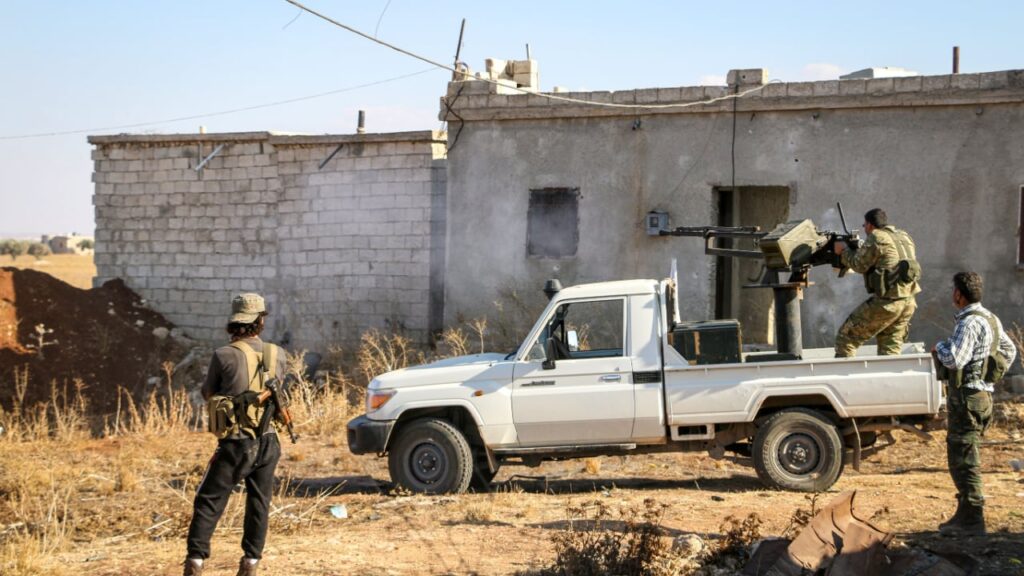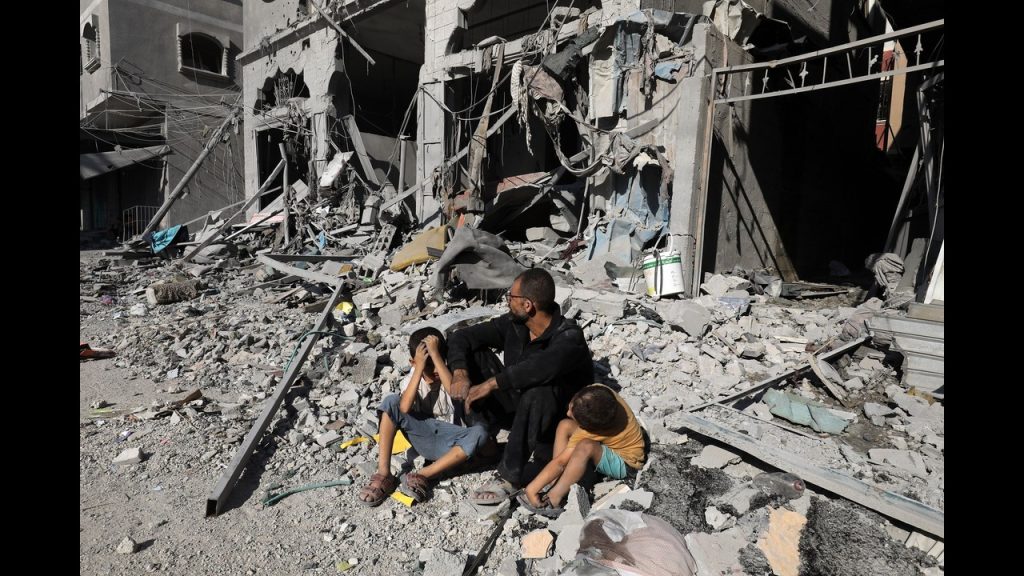A Humanitarian Intervention Worth Doing
 The sending of one hundred armed U.S. military advisers to assist governments in central Africa in eradicating the murderous band that calls itself the Lord’s Resistance Army is the right thing to do. It is right despite the well-founded skepticism of many Americans, based on past experience, about overseas military missions intended to save non-American lives. The intervention in Somalia in the 1990s continues to serve as the poster child of humanitarian expeditions gone awry. This year’s intervention by NATO in Libya, which had a humanitarian rationale, threatens to give such a rationale a bad name not because the mission went awry in the way Somalia did but because it was a partially disingenuous justification for a military intervention that from the beginning was more about regime change. And despite the self-congratulation that accompanied the toppling of Qaddafi, the Libya story has a long way to go.
The sending of one hundred armed U.S. military advisers to assist governments in central Africa in eradicating the murderous band that calls itself the Lord’s Resistance Army is the right thing to do. It is right despite the well-founded skepticism of many Americans, based on past experience, about overseas military missions intended to save non-American lives. The intervention in Somalia in the 1990s continues to serve as the poster child of humanitarian expeditions gone awry. This year’s intervention by NATO in Libya, which had a humanitarian rationale, threatens to give such a rationale a bad name not because the mission went awry in the way Somalia did but because it was a partially disingenuous justification for a military intervention that from the beginning was more about regime change. And despite the self-congratulation that accompanied the toppling of Qaddafi, the Libya story has a long way to go.
It is even more understandable for war-weary Americans to be skeptical about the need for yet another overseas military deployment, however small and whatever the rationale. The specific circumstances involved in the mission against the LRA, however, make it worthwhile. One is that the humanitarian need is not to preclude feared future bloodshed, as was the case with arguments about what Qaddafi might do against Libyan civilians, but instead to bring to an end a long, horrifying record of atrocities.
The target of the intervention is not a regime, and so there is no chance of confusing the atrocity-curbing purpose of the mission with regime change. The only respectable response of the international community to the Lord’s Resistance Army is to eradicate it. Because the target is not a regime, eradication would not involve the creation of vacuums or the need to establish a new order to replace one that has been removed. The LRA is a destroyer of order, not a provider of it.
And because there is not an issue of building a new order, there is not the risk of the initial mission transforming into something larger and more ambitious. If it looks like somewhat more than the one hundred people to be dispatched would do some good, the administration should be open to a modest enlargement without fear that this would be another step down a slippery slope into a quagmire.
The United States can go into this mission without being seriously suspected of ulterior motives beyond the declared purpose of ending atrocities and saving lives. About the only more selfish motive in play is the assuaging of guilt felt as a result of not doing more to avert the genocide in Rwanda in 1994. But that motive is excusable.


